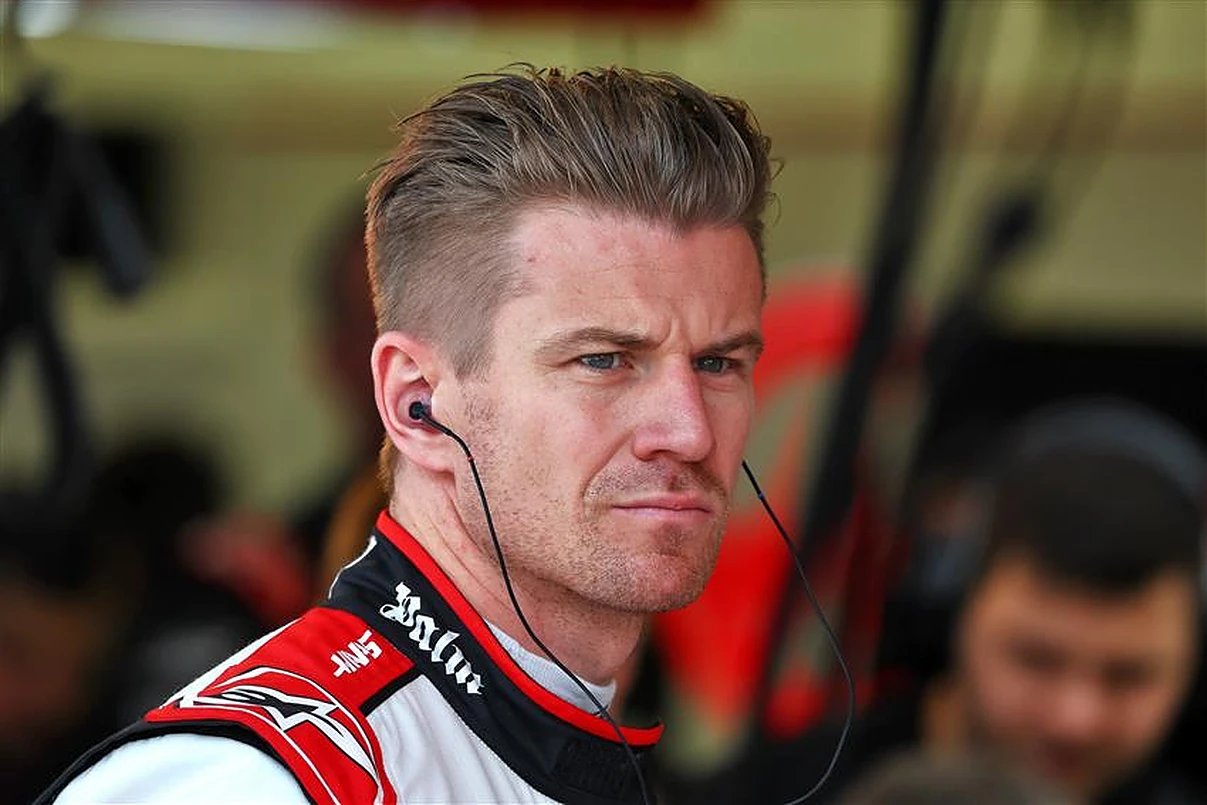Haas driver Nico Hulkenberg has drawn attention to a potential correlation between Germany’s perception of the automotive industry and the waning popularity of F1 within his home country.
The absence of an F1 race in Germany since 2020, coupled with declining viewership figures, has prompted discussions about the sport’s status within the nation.
When asked about the factors contributing to the diminished popularity of Formula 1 in Germany, Hulkenberg offered his insights, shedding light on possible reasons behind the trend.
He pointed out that Germany had enjoyed a robust presence in Formula 1 over the past three decades, benefiting from legendary figures such as Michael Schumacher, Sebastian Vettel, Nico Rosberg, and the Mercedes team.

Want to work in Formula 1? Browse the latest F1 job vacancies
Acknowledging the sport’s cyclical nature, Hulkenberg noted that popularity in motorsport can experience fluctuations, driven by various dynamics.
He elaborated, “Naturally I think sometimes the sport is more popular and in higher demand and then probably it tails off sometimes.”
Hulkenberg, however, ventured into a thought-provoking realm by delving into the broader perception of the automotive industry in Germany.
He highlighted the automotive sector’s association with climate change and sustainability issues, suggesting that such perceptions could impact motorsport’s reputation.
He conveyed his perspective, stating, “But then also I think in Germany, the perception of, in general, the automotive industry – it’s like responsible for climate change, it’s not sustainable.
READ: Daniel Ricciardo reveals when he will retire amid Red Bull links
“And I think that rubs off onto motorsport, and that’s why I think there’s a perception and what politics tell the people is that this is bad, and somehow that has a negative impact on racing in Formula 1.”
Hulkenberg’s remarks allude to the influence of societal concerns and public opinion on the standing of motorsport within a nation’s cultural landscape.
As the automotive industry grapples with issues of environmental impact and sustainability, these debates can extend to how motorsport is perceived by the public and how it aligns with broader societal values.

